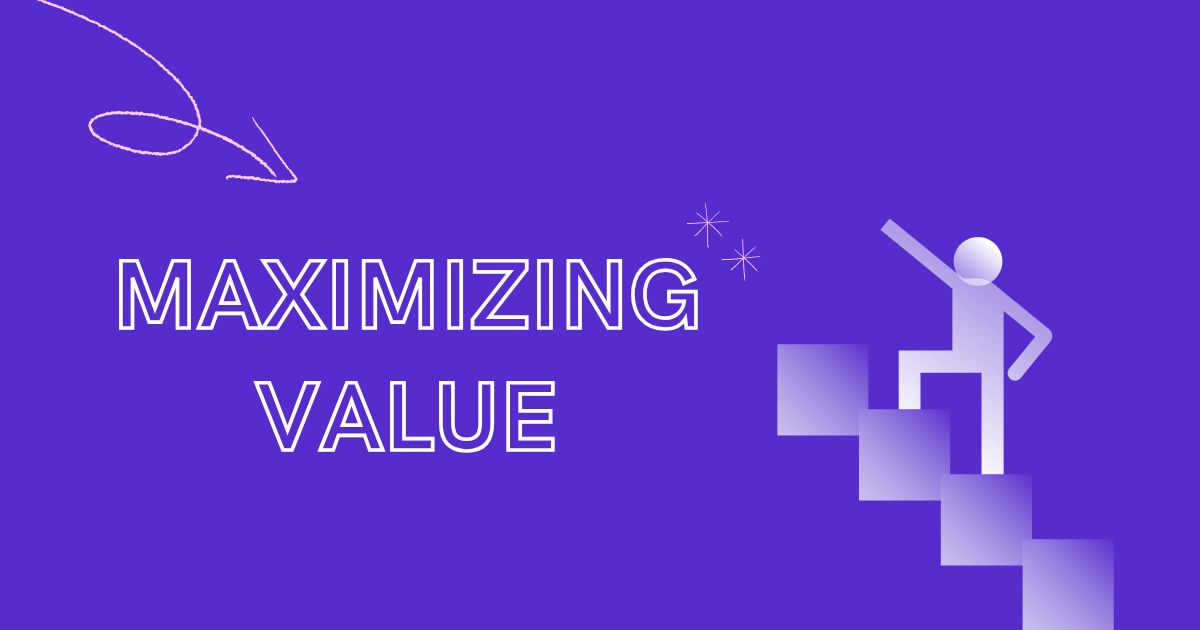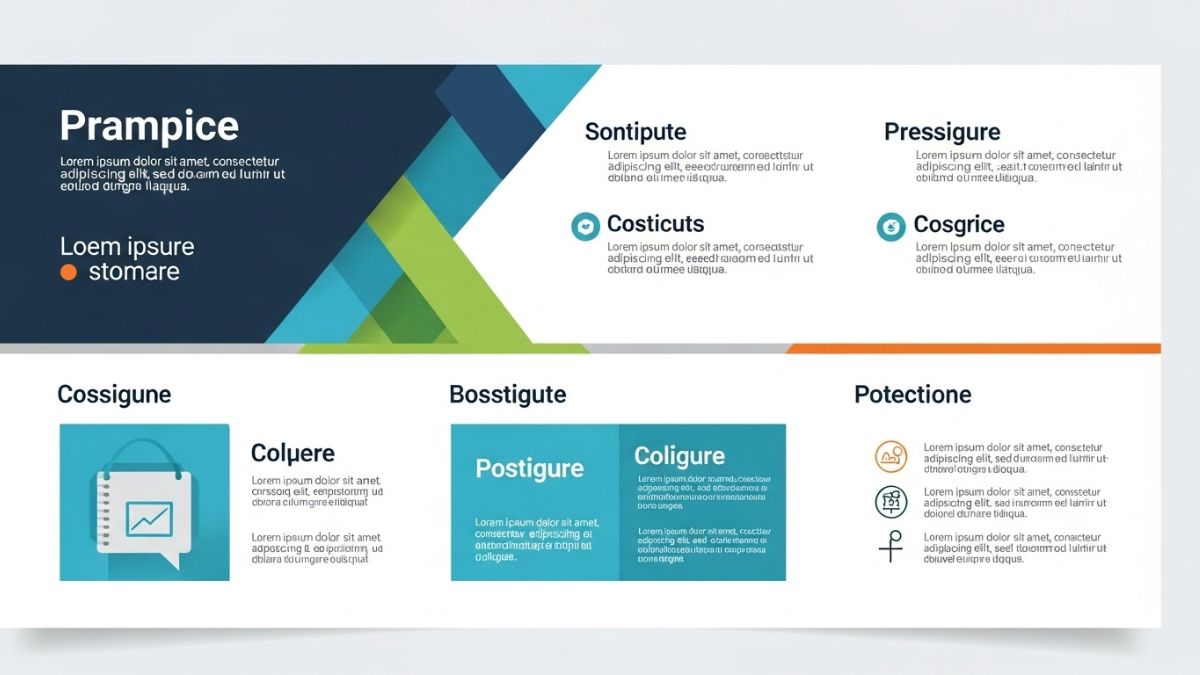When we talk about “value,” most people jump straight to money. But true value is more than dollars and cents—it’s about maximizing the return on every effort, resource, or decision. Whether you’re managing a business, building a career, or simply shopping for groceries, the key to long-term success lies in making smart, intentional choices that deliver the most benefit over time.
Why Maximizing Value Matters in Everyday Life
Value drives nearly every decision we make. From choosing where to invest time, money, or energy, to how we build relationships or manage personal goals, maximizing value helps us do more with less. It means stretching every dollar, every hour, and every ounce of effort to achieve the greatest possible return.
Recognizing Value vs. Cost
Many people confuse value with cost. Something that’s cheap might not offer true value if it wears out quickly or doesn’t deliver results. On the flip side, a higher upfront cost could bring long-term savings. Understanding this distinction helps you make wiser decisions that stand the test of time.
How to Maximize Value in Purchases
Getting the most out of your purchases means looking beyond price tags. Ask questions like: Will this product last? Does it solve my problem effectively? Is there a warranty or customer support? Reading reviews, comparing features, and considering alternatives are all simple ways to increase value.
Value in Time Management
Time is a non-renewable resource. How you use your time directly affects your quality of life and productivity. Maximizing time value means prioritizing high-impact tasks, eliminating distractions, and learning to say “no” to things that don’t align with your goals.
The Role of Value in Decision-Making
Smart decision-making is all about evaluating trade-offs. Whether it’s taking on a new project, switching careers, or buying a home, ask yourself: What’s the long-term benefit? Does this align with my values and objectives? Strategic thinking helps ensure your decisions yield meaningful returns.
Value in Relationships and Networking
Value also applies to the people you surround yourself with. Build relationships that are supportive, honest, and mutually beneficial. Avoid draining connections and invest in those that help you grow personally and professionally.
Building Career Value Over Time
In the workplace, value is created through skills, consistency, and innovation. Take initiative, seek mentorship, and never stop learning. Rather than chasing quick promotions, focus on becoming irreplaceable by consistently delivering high-quality work.
Creating Value in Business Operations
For businesses, maximizing value means boosting efficiency while keeping customers happy. Streamlining processes, investing in employee training, and focusing on customer experience can all improve a company’s bottom line while increasing its long-term value.
Leveraging Technology for More Value
Digital tools can significantly increase productivity and lower costs. From automation to cloud computing, technology allows businesses and individuals to accomplish more in less time, freeing up resources for other value-creating activities.
Financial Value: Investments and Savings
Maximizing financial value is about making money work for you. That includes smart investing, minimizing debt, building emergency savings, and planning for retirement. Compounding interest is a powerful tool—invest early and let time do its magic.
Value in Learning and Self-Improvement
Every skill you acquire increases your personal value. Whether it’s learning a language, picking up coding, or developing communication skills, the time you spend learning pays off in opportunities, income, and confidence.
Environmental and Ethical Value
Sustainability is increasingly a value consideration. Choosing eco-friendly products or supporting companies with ethical practices can contribute to a better world while also aligning with your personal values. Conscious consumerism is a modern way to maximize value for society and the planet.
Maximizing Emotional and Mental Value
Don’t underestimate the value of mental peace and emotional health. Practice gratitude, mindfulness, and self-care. Reducing stress, staying positive, and cultivating joy improve your life in ways money never can.
The Power of Value-Driven Goals
Set goals that reflect what matters most to you. Are you chasing status or seeking freedom? Are your actions aligned with your core beliefs? Goals that are rooted in value will always feel more satisfying when achieved, because they’re built on authenticity.
Avoiding the Trap of Short-Term Thinking
Short-term gains can be tempting, but they often sacrifice long-term value. Whether it’s taking a job for the paycheck instead of growth potential or choosing convenience over quality, remember: shortcuts often lead to dead ends. Think long game.
Reviewing and Realigning for Maximum Value
Value isn’t static—it evolves. What was valuable to you five years ago may not be today. Regularly reassess your goals, habits, and priorities to make sure you’re still on the right path. Adaptation is key to maintaining and increasing value over time.
Conclusion
Maximizing value isn’t a one-time decision—it’s a mindset. It’s about looking beyond surface-level wins and aiming for depth, durability, and meaning in everything you do. From finances to friendships, careers to consumer choices, the way you define and pursue value determines the quality of your outcomes. Choose wisely, think long-term, and never underestimate the power of meaningful, intentional living.
FAQs
What’s the difference between value and price?
Price is what you pay; value is what you get. High-priced items can still be valuable if they offer long-term benefits.
How can I increase the value of my time?
Focus on high-impact tasks, set clear priorities, and eliminate distractions to make your time more valuable.
What’s a quick way to evaluate a product’s value?
Check product reviews, compare features, and consider durability and customer support—not just the price.
Can emotional well-being be considered a form of value?
Absolutely. Peace of mind, confidence, and emotional balance are priceless forms of personal value.
Why is long-term thinking important for value?
Because lasting value often comes from consistent, wise decisions that compound over time—not from instant gratification.











